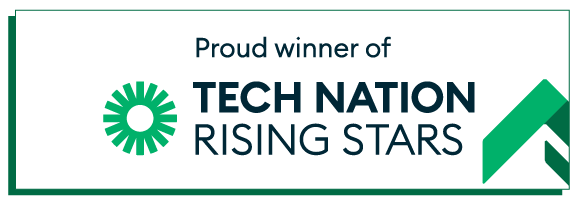5 tips when researching your next project. Researching any project, whether it’s a final year dissertation or thesis for a PhD, is both a time consuming, intense and sometimes, an understandably stressful process.
Needless to say, it takes a lot of care and planning, so here are five things to think about when writing your next piece.
Determine the scope of your research
One of the first things you need to do when embarking on any kind of research project is to outline the purpose and boundaries of it. It doesn’t necessarily have to be nailed down or have a firm conclusion in place: one of the key aspects of research is that things are fluid and as facts become known and change, so does the project. Nonetheless it’s a good idea to set out your objectives in order to maintain some sort of direction throughout the process.
Get organised
For extended essays and dissertations you are almost certainly going to be handling a load of sources, both primary and secondary (a little more on that later). The key task throughout the research and writing process is of course documenting sources for the all important citations and bibliography. This job can be tedious, but it’s made a whole lot easier by keeping a running bibliography, i.e. writing down each source as you discover it.
This is where referencing systems come in. If you are, for example, using the Chicago system, you’ll require for each source the place and year of publication.
Avoid plagiarising
I know this is spelling out the rather obvious, but it is still astounding how many research projects fall apart because they have been found to be based (or copied) from work for which they do not credit but present as original findings. The wider point here though is that inaccurately citing sources is not just unethical but also makes for a poor essay, given that unsupported claims do little to stand up any argument.
Take care with primary research
Primary sources, such as surveys or interviews, are a very effective way to support and develop research, but there are a few pitfalls to avoid. Firstly, start without any pre conclusions. If before you conduct an experiment or survey you have a fixed destination in mind, chances are it will affect the study and therefore skew the results.That said, as mentioned in point 1, you need to determine the purpose of what such an approach would be and how it would fit into your wider project.
Record and transcribe your interviews
Interviews are used in a wide variety of theses on a broad spectrum of topics. Given that the aim is to be able to pull key quotes to support arguments, it’s vital that you have them securely recorded and documented. This is not only so you can easily refer back to them when necessary, but also in case you get challenged on anything that you cite. Getting your interviews transcribed can save you a lot of time, providing an instantly scannable document rather than having to listen repeatedly to recordings. View our transcription services to find the ideal package for you.


